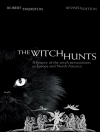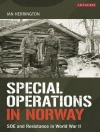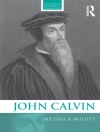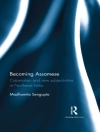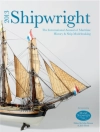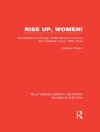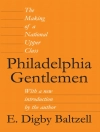The collection of well-researched essays assesses the uses and misuses of history 25 years after the collapse of Soviet hegemony in Eastern Europe. As opposed to the revival of national histories that seemed to be the prevailing historiographical approach of the 1990s, the last decade has seen a particular set of narratives equating Nazism and Communism. This provides opportunities to exonerate wartime collaboration, casting the nation as victim even when its government was allied with Germany. While the Jewish Holocaust is acknowledged, its meaning and significance are obfuscated. In their comparative analysis the authors are also interested in new practices of Europeanness . Therefore their presentations of Slovak, Hungarian, Romanian, Bulgarian, Serbian, Bosnian, Croatian and Slovenian post-communist memory politics move beyond the common national myths in order to provide a new insight into transnational interactions and exchanges in Europe in general. The juxtaposition of these politics, the processes in other parts of Europe, the modes of remembering shaped by displacement and the transnational enable a close encounter with the divergences and assess the potential of the formation of common, European memory practices.
Oto Luthar
Of Red Dragons and Evil Spirits [PDF ebook]
Post-Communist Historiography between Democratization and the New Politics of History
Of Red Dragons and Evil Spirits [PDF ebook]
Post-Communist Historiography between Democratization and the New Politics of History
购买此电子书可免费获赠一本!
语言 英语 ● 格式 PDF ● ISBN 9789633861523 ● 编辑 Oto Luthar ● 出版者 Central European University LLC ● 发布时间 2017 ● 下载 3 时 ● 货币 EUR ● ID 6891401 ● 复制保护 Adobe DRM
需要具备DRM功能的电子书阅读器



